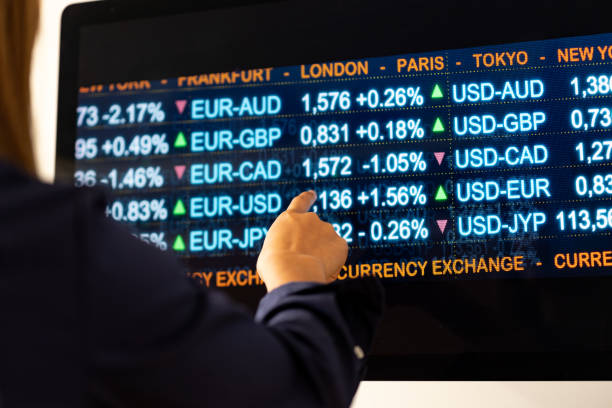How can futures efficiently increase the success rate of intraday trading?
Intraday trading is a form of trading that involves buying and selling securities within the same trading day, without holding any positions overnight. Intraday traders aim to profit from the short-term price fluctuations of the market, using various tools and strategies to analyze and execute trades.
Futures are derivative contracts that obligate the buyer and seller to exchange an asset at a predetermined price and date in the future. Futures can be based on various underlying assets, such as commodities, currencies, indices, and stocks. Futures traders aim to profit from the price movements of the underlying asset, by buying low and selling high, or vice versa.
Futures can efficiently increase the success rate of intraday trading, by offering several advantages, such as:
l Leverage: Futures allow traders to control a large amount of the underlying asset with a small amount of money, called the margin. This means that traders can magnify their profits, but also their losses, with a relatively small capital. Leverage can help intraday traders to take advantage of small price changes that happen throughout the day, and to diversify their portfolio across different markets and assets.
l Liquidity: Futures are traded on regulated exchanges, such as the CME Group or the Intercontinental Exchange, where there is a high volume and activity of buyers and sellers. This means that traders can easily enter and exit positions, without facing significant price slippage or delays. Liquidity can help intraday traders to execute their trades quickly and efficiently, and to reduce their transaction costs.
l Hedging: Futures can be used to hedge the risk of adverse price movements of an asset, by taking an opposite position in a related asset. For example, a trader who owns stocks can buy stock index futures to hedge their equity risk, and protect themselves from the risk of falling stock prices. Similarly, a trader who trades currencies can buy currency futures to hedge their currency risk, and protect themselves from the risk of exchange rate fluctuations. Hedging can help intraday traders to reduce their exposure to market volatility, and to preserve their capital.
These are some of the ways that futures can efficiently increase the success rate of intraday trading, but they are not the only ones. Futures can also offer other benefits, such as tax efficiency, market efficiency, and arbitrage opportunities. However, futures also have some disadvantages, such as higher risk, lower liquidity, and expiry challenges. Therefore, intraday traders who use futures should use a combination of indicators and tools that can help them analyze the market trends, momentum, volatility, and volume of the underlying assets and the futures contracts. They should also be aware of the benefits and risks of trading futures, such as leverage, liquidity, margin, and settlemen
How do futures traders review their trading?
Futures trading is a form of financial speculation that involves buying and selling contracts that represent the future delivery of an asset, such as a commodity, a currency, an index, or a stock. Futures traders aim to profit from the price movements of the underlying asset, without actually owning
Futures night trading hours
Futures are contracts that obligate the buyer or seller to exchange an asset or commodity at a specified future date and price. They are used for hedging, speculation, and arbitrage purposes in the global market. Futures can be based on various underlying assets, such as currencies, commodities, ind
How can futures efficiently increase the success rate of intraday trading?
Intraday trading is a form of trading that involves buying and selling securities within the same trading day, without holding any positions overnight. Intraday traders aim to profit from the short-term price fluctuations of the market, using various tools and strategies to analyze and execute trade
What are the factors that can affect how much money can be made in futures?
Futures trading is a form of financial speculation that involves buying and selling contracts that represent the future delivery of an asset, such as a commodity, a currency, an index, or a stock. Futures traders aim to profit from the price movements of the underlying asset, without actually owning








